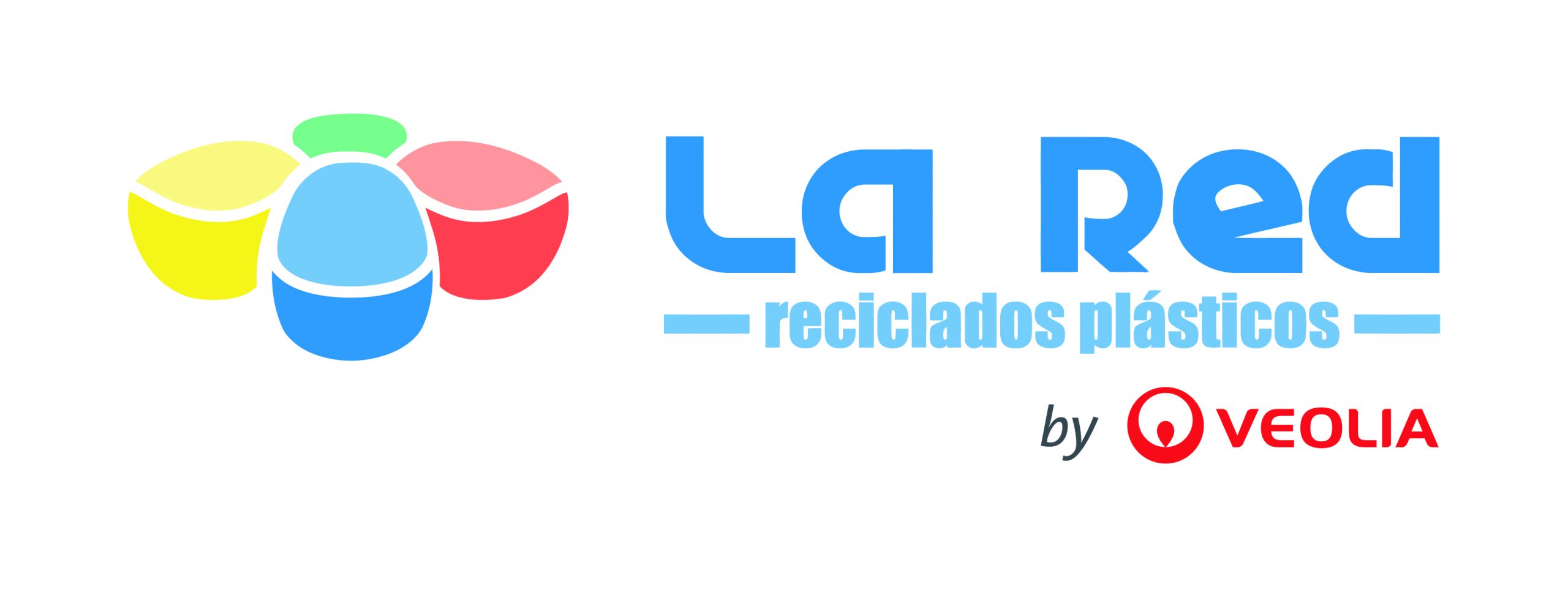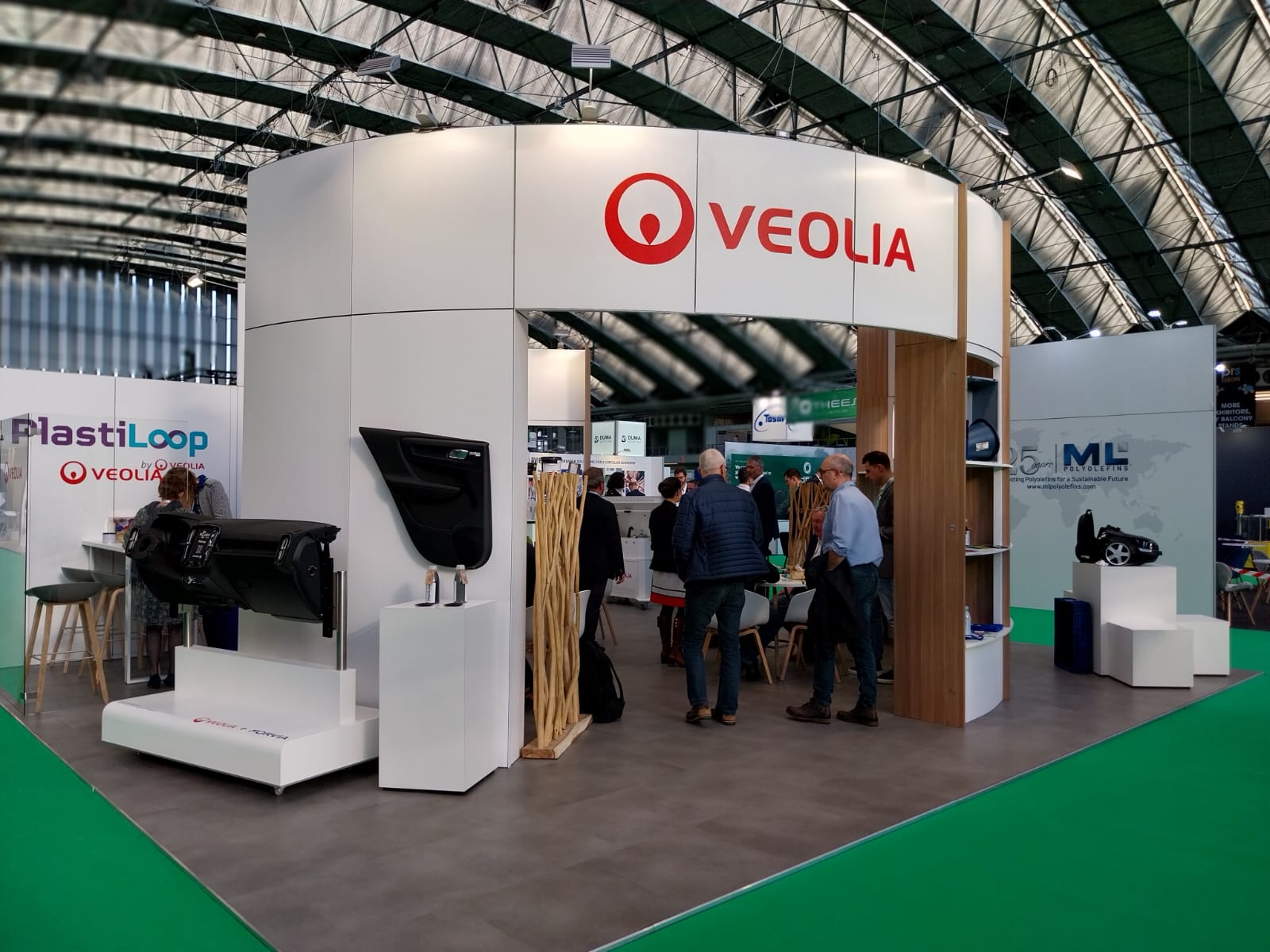The Plastics Recycling Show Europe (PRS Europe) 2025, held in Amsterdam, established itself as the largest global event in the plastic recycling industry. With record attendance, the event brought together thousands of professionals and hundreds of companies from the entire plastic value chain. From recyclers, machinery manufacturers and transformers, to large consumer brands, all gathered to share the latest innovations and discuss key industry trends.
Attendance at PRS Europe 2025 pointed to a new record, reflecting the rapid growth of interest in plastic recycling. The fair featured around 500 exhibiting companies, surpassing the approximately 480 exhibitors from the previous edition. In fact, many exhibitors from previous years expanded their stands in 2025 and numerous new companies joined for the first time, forcing the organization to expand the event to larger pavilions.
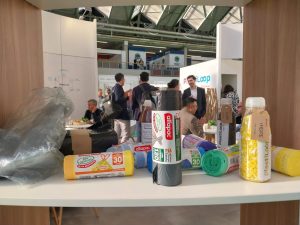



Main themes and trends in the sector
At the PRS Europe 2025 conference program, a variety of crucial topics that set the agenda for plastic recycling in Europe were addressed. One of the main focus areas was legislative and policy news: the challenges of complying with the upcoming European regulations, such as the new Packaging and Packaging Waste Regulation (PPWR), and how these rules will influence the sector were discussed.
Emphasis was also placed on strategies to overcome current recycling challenges in the EU, including ways to increase the collection and sorting rates of plastic waste, improve the traceability of recycled content in products, and encourage synergies between mechanical and chemical recycling
Another highlighted trend was the focus on the market and circularity objectives: the situation of the recycled plastics market, the evolution of demand and prices, and the prospects for achieving the ambitious recycled content objectives set by regulations and companies themselves were discussed.
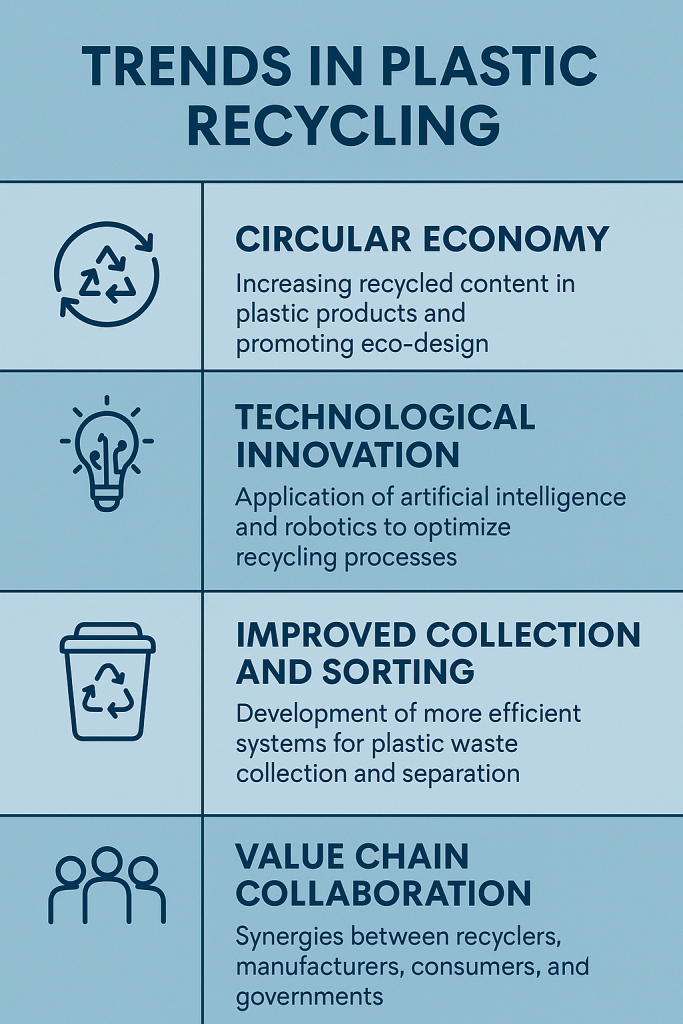
Highlighted Technological Innovations
The fair placed a strong emphasis on technological innovations applied to recycling, demonstrating how digitization and R&D are transforming the sector. A specific space, the ‘AI Innovation Hub‘, showcased the most recent applications of artificial intelligence (AI) in recycling processes.
Visitors were able to tour different stages of the chain through interactive panels and explanatory videos about AI. In addition, there were live demonstrations of emerging technologies, such as a swarm-type cooperative robot system performing autonomous sorting of plastic waste.
AI-based solutions promise to improve efficiency and accuracy in material separation, reduce the need for manual labor, and optimize plant performance by analyzing data in real time.
Presence of leading companies and strategic collaborations
PRS Europe 2025 brought together a wide representation of leading companies from the entire industrial chain, serving as a meeting point to generate synergies and alliances. In total, almost 500 exhibiting companies participated, including not only recyclers and producers of recycled plastic, but also manufacturers of machinery and cutting-edge technologies.
Suppliers of materials and plastic compounds, waste preprocessors, both mechanical and chemical recyclers, waste managers and even sectorial alliances displayed their novelties. At the same time, the fair attracted the active participation of large corporations users of plastics: mass consumption brands and related sectors sent representatives to get involved in the conferences and panels.
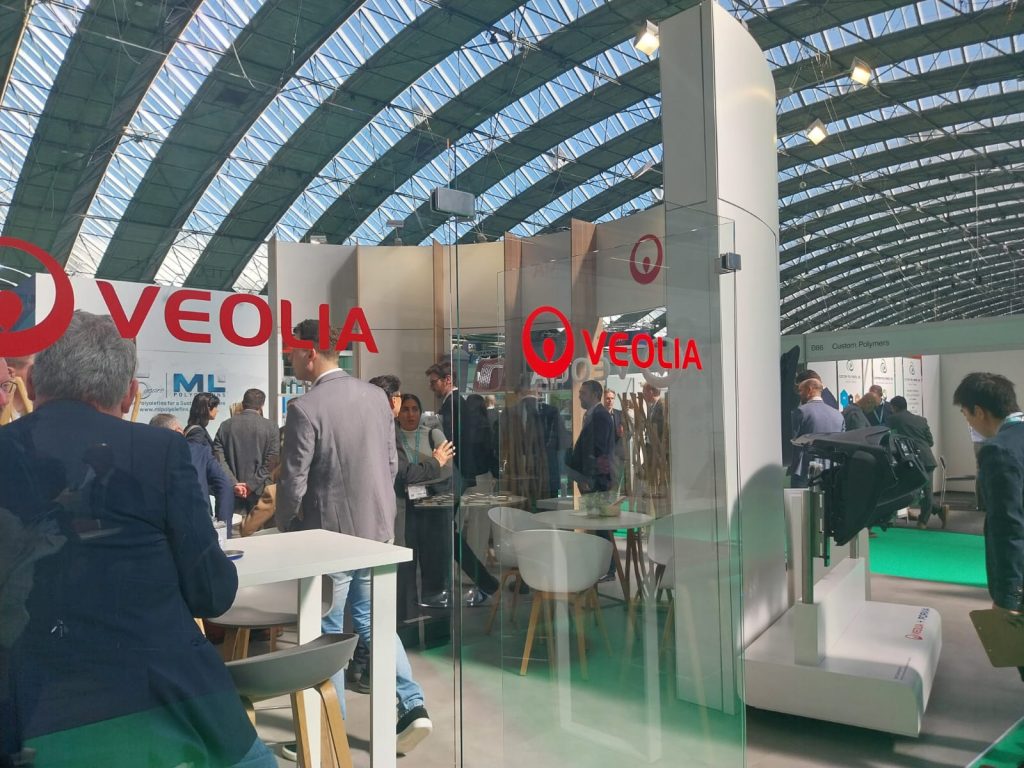
Conclusions and impact for the industry
The general conclusions after PRS Europe 2025 are very encouraging for the future of the plastic industry and the circular economy. Firstly, the success of the call confirms that plastic recycling has become a central issue for the entire plastic sector, not just specialized recyclers.
The presence of actors from the entire value chain, from European authorities to end users, showed that there is broad consensus on the importance of redesigning the plastic life cycle towards sustainability.
The discussions and innovations presented made it clear that concepts such as recyclability and circularity are no longer theoretical objectives, but concrete commitments that companies and governments are incorporating into their strategic plans.
